The Spheres of Human Understanding
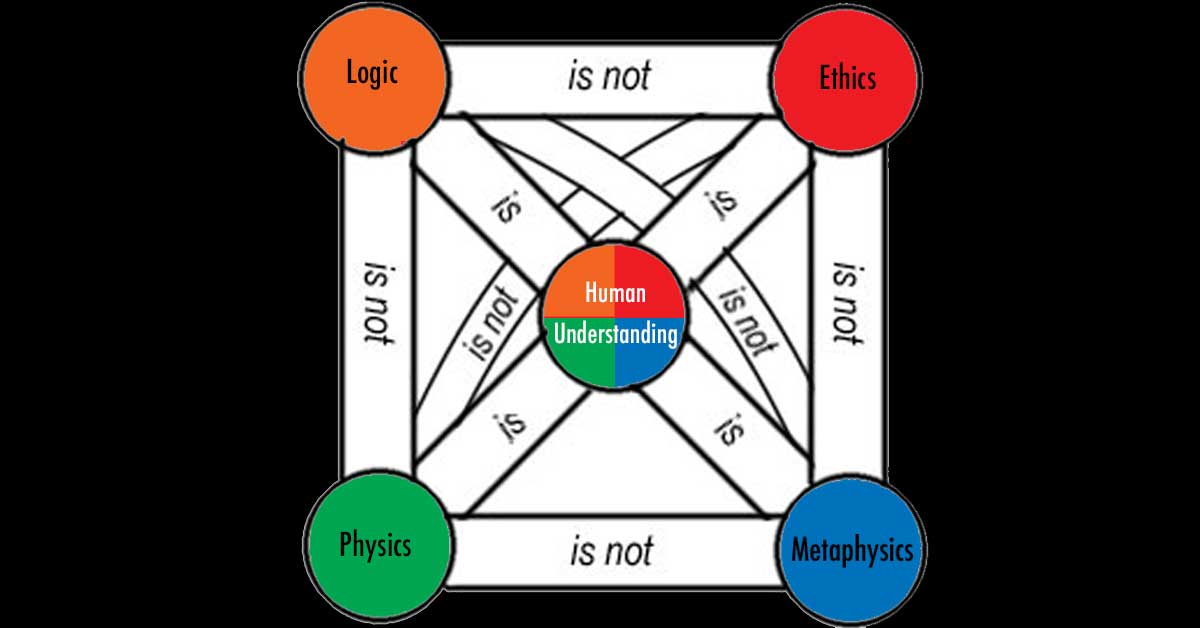
All knowledge, all human understanding, can be said to be of four types: physical (empirical), logical (reason), ethical (philosophy in-action), and metaphysical (pure philosophy).
The elements of the periodic table are arranged by atomic number (number of protons in the nucleus), each new element simply has 1 more proton than the last.
This is to say, that atoms, which are formed from the elementary particles and their interactions, differ by proton number. Protons (formed from quarks) attract electrons (leptons). The number of electrons and the charge of electrons dictates which other elements atoms can bind with and thus what geometric patterns elements can form.
All matter in the universe can be understood through chemistry, the particle physics that it’s built on, and the physical laws that govern the interactions. At its core, chemistry is physics.
FACT: Before the modern elements were known, the classical elements of earth, wind, water, and fire were studied under “element theory” and chemistry was called alchemy. Thus, this section also contains outdated element theories that, despite their historic interest, are best classified as pseudoscience.

All knowledge, all human understanding, can be said to be of four types: physical (empirical), logical (reason), ethical (philosophy in-action), and metaphysical (pure philosophy).
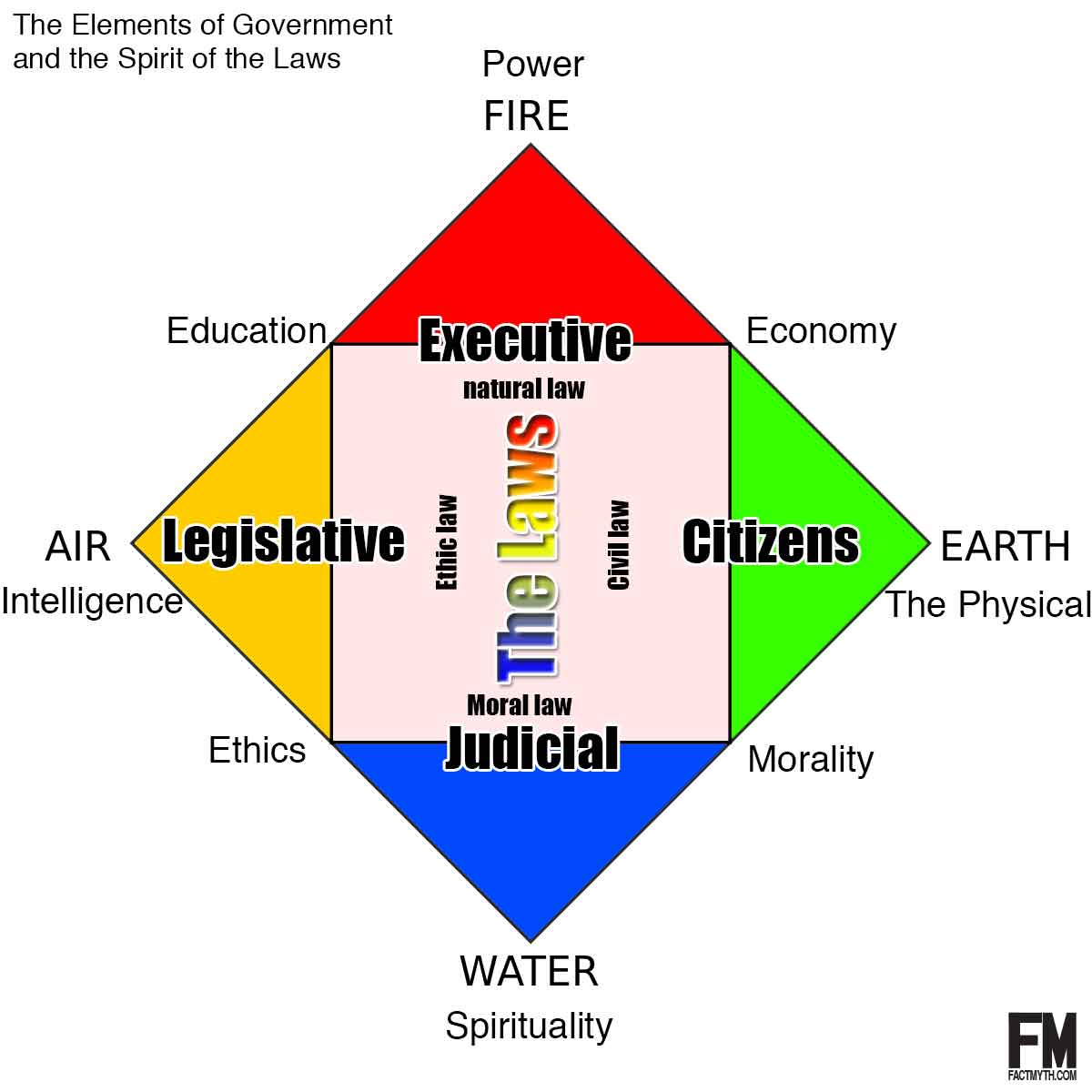
The four “elements” (or “powers”) that form the foundation of government can roughly be expressed as: citizens, executive, legislative, and judicial.
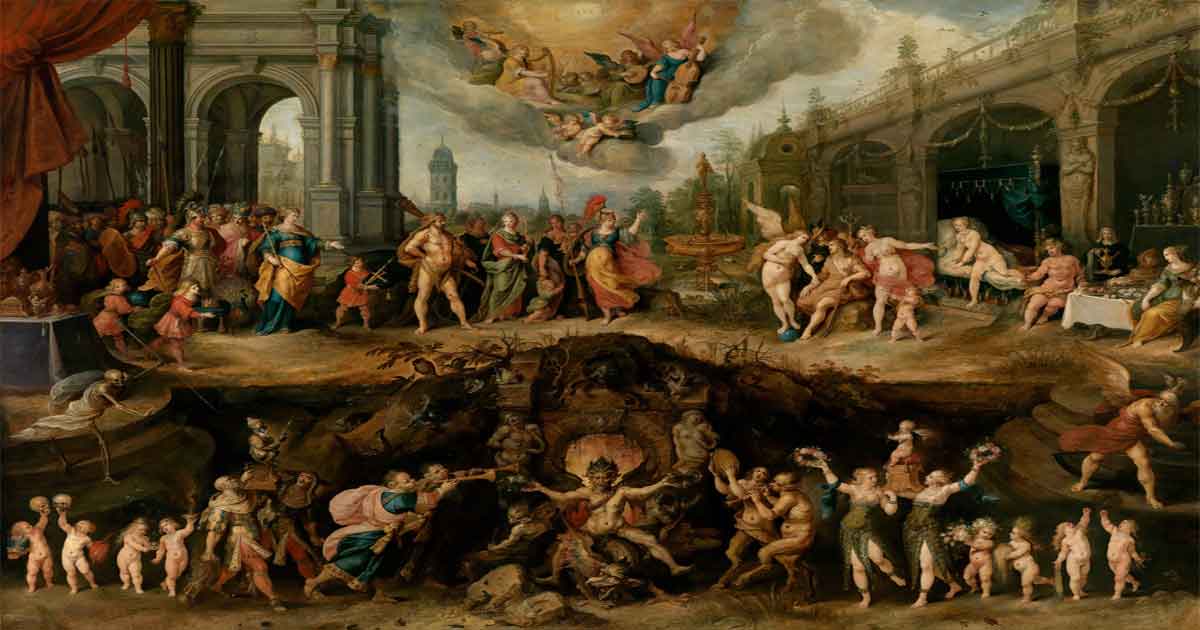
We present a list of vices and virtues and look at vices and virtues as understood by philosophers like Aristotle and Aquinas.
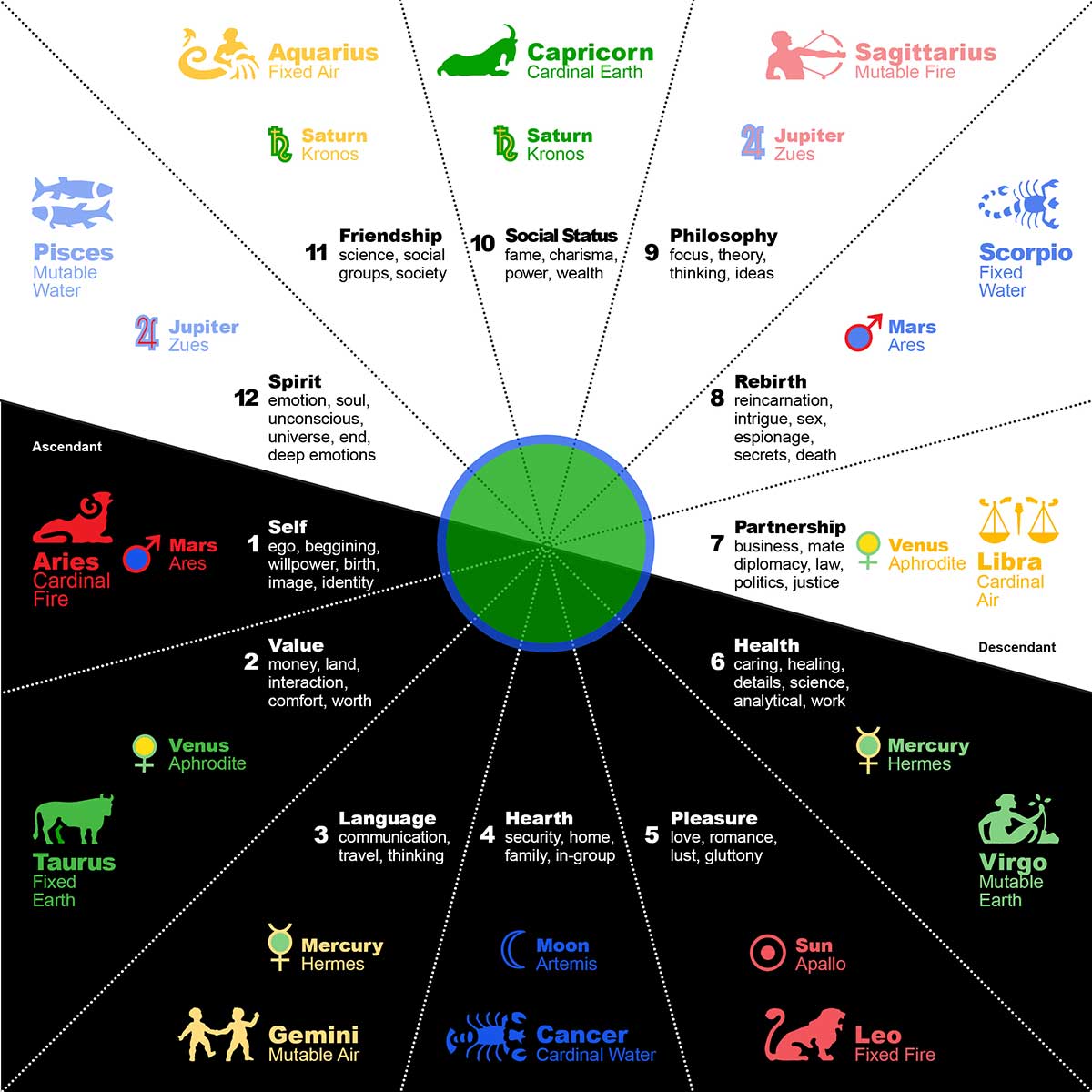
Western Classical Element Theory can be seen as a metaphor the human condition where fire is will and action, air is reason, water is the passions and spirit, and earth is the physical.
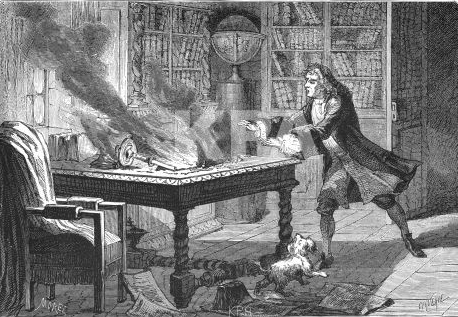
Isaac Newton produced many well-known works in math, astronomy, and physics, but he produced about as many unpublished works which dealt with theology, alchemy, and the occult.
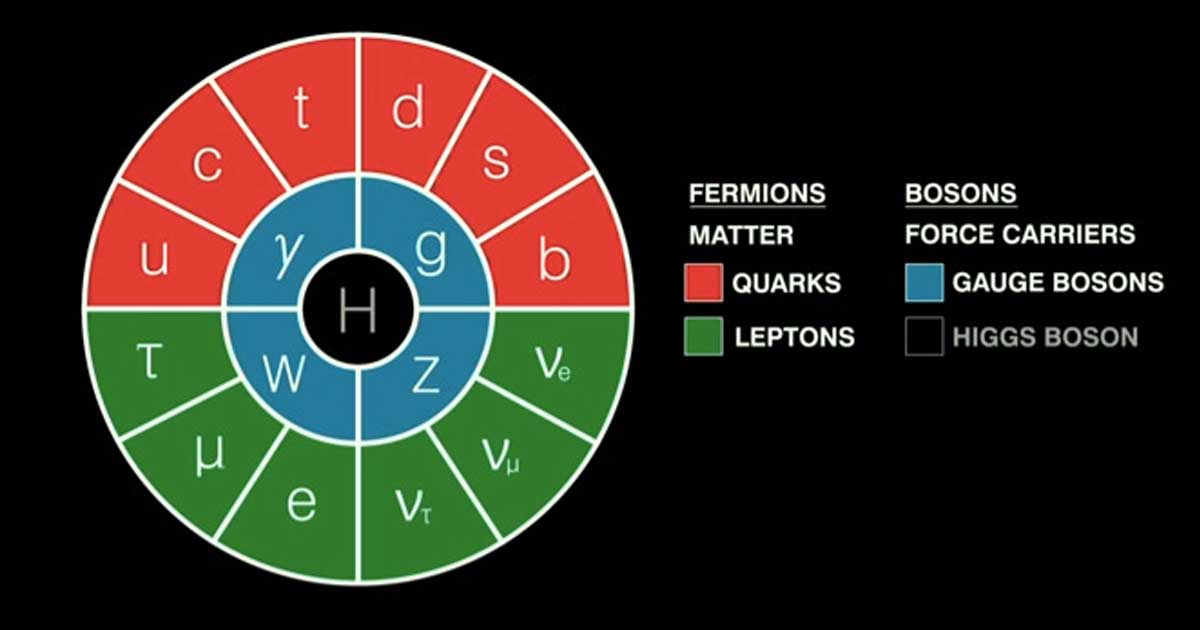
We explain the standard model of particle physics in simple terms for non-experts using videos, facts, and bullet points.